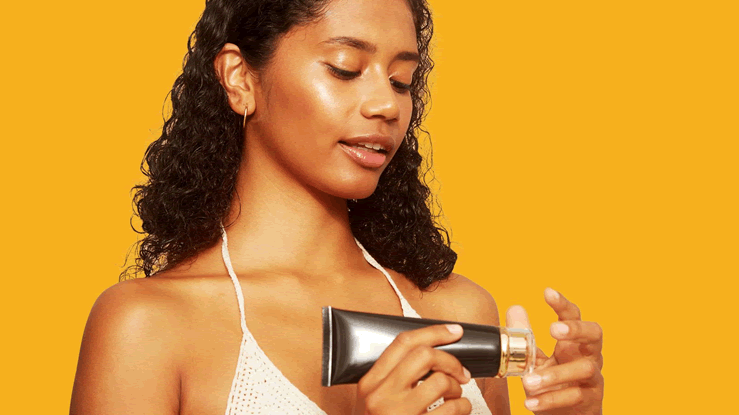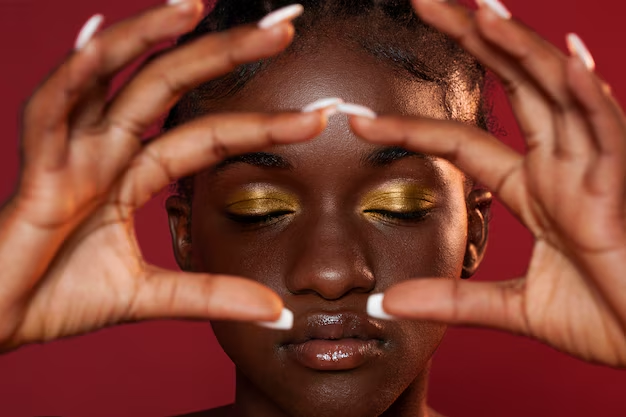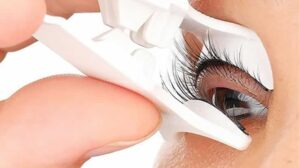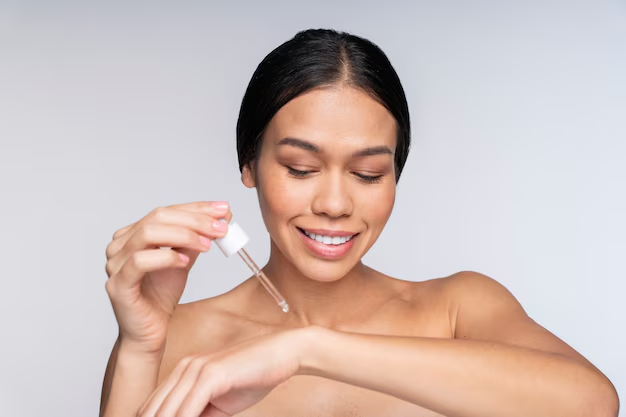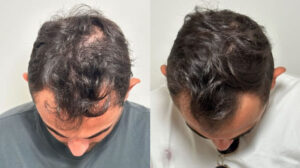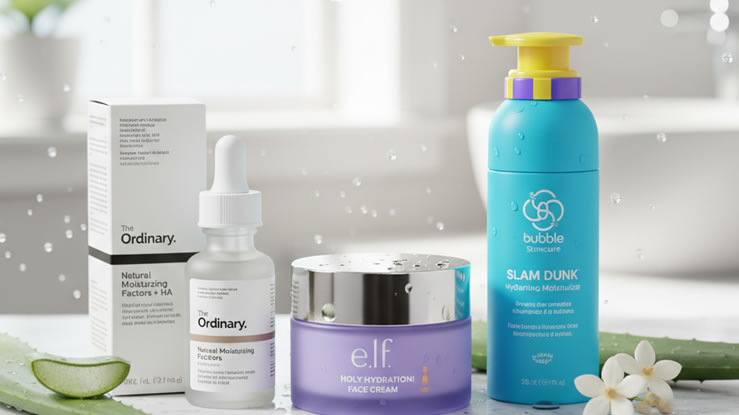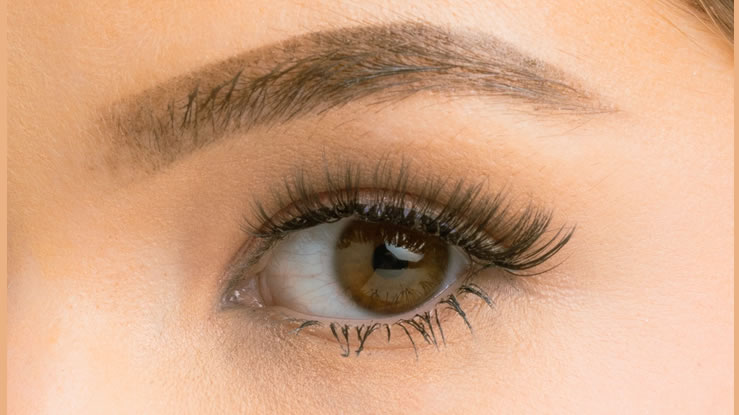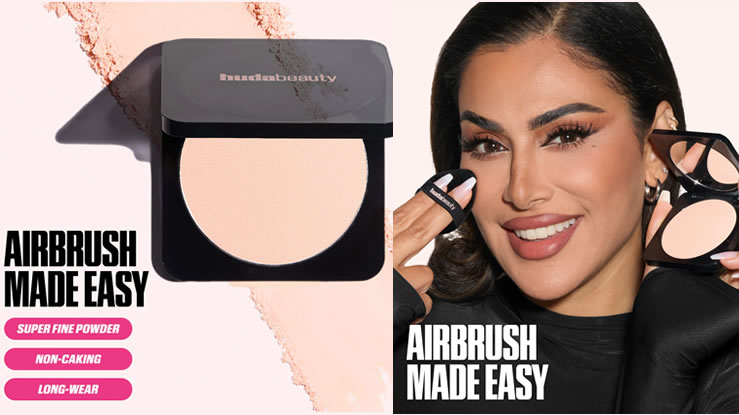What is the best sunscreen for sensitive skin? Sensitive skin requires extra care when it comes to sun protection. Sunscreen is a skincare essential that helps prevent sunburn, premature aging, and skin cancer, but not all sunscreens are suitable for delicate or reactive skin.
Many sunscreens contain harsh ingredients that can trigger redness, irritation, burning, or breakouts, making it challenging for those with eczema, rosacea, or acne-prone skin to find the right SPF.
The two primary types of sunscreens, mineral and chemical offer different benefits and drawbacks for sensitive skin. But which one is better?
In this guide, we will explore:
- The differences between mineral and chemical sunscreens
- Which sunscreen ingredients are safe for sensitive skin
- Best dermatologist-recommended sunscreens for sensitive skin
- How to properly apply sunscreen for maximum protection
By the end of this article, you’ll be able to confidently choose the best sunscreen for your skin type without worrying about irritation.
Understanding Sunscreen: Mineral vs. Chemical
Sunscreens are divided into two broad categories:
1️⃣ Mineral (physical) sunscreens
2️⃣ Chemical sunscreens
Each type works differently and has its own advantages and disadvantages, especially for sensitive skin.
Read Also >>>What is the best sunscreen for Africa?
Mineral Sunscreens: Best for Ultra-Sensitive Skin
Mineral sunscreens contain zinc oxide and/or titanium dioxide, natural minerals that sit on the skin’s surface and physically block harmful UVA and UVB rays.
How They Work: Instead of absorbing UV radiation, mineral sunscreens reflect and scatter UV rays away from the skin.
Pros of Mineral Sunscreens:
- Less likely to cause irritation compared to chemical sunscreens
- Ideal for people with eczema, rosacea, and acne-prone skin
- Provides immediate protection (no need to wait for absorption)
- Reef-safe and non-toxic to marine life
Cons of Mineral Sunscreens
- Can leave a white cast, especially on darker skin tones
- Thicker texture, making blending difficult
- May not be as water-resistant as chemical sunscreens
Chemical Sunscreens: Lightweight but Can Be Irritating
Chemical sunscreens contain UV-filtering ingredients like oxybenzone, avobenzone, octisalate, octocrylene, homosalate, and octinoxate.
How They Work: These ingredients absorb UV radiation, convert it into heat, and release it from the skin.
Pros of Chemical Sunscreens
- Lightweight & easy to blend (great for everyday use)
- No white cast, making them ideal for darker skin tones
- Water-resistant options available, making them suitable for sports & swimming
- Works well under makeup without pilling
Cons of Chemical Sunscreens
- May cause irritation, stinging, or redness on sensitive skin
- Some UV filters (like oxybenzone) are linked to hormonal disruptions
- Takes 20-30 minutes to activate, unlike mineral sunscreens that work immediately
Mineral (Physical) Sunscreens vs. Chemical Sunscreens
| Feature | Mineral (Physical) Sunscreens | Chemical Sunscreens |
|---|---|---|
| How It Works | Sits on the skin’s surface and physically blocks UV rays by reflecting and scattering them. | Absorbs UV radiation, converts it into heat, and releases it from the skin. |
| Main Ingredients | Zinc Oxide, Titanium Dioxide | Oxybenzone, Avobenzone, Octisalate, Octinoxate, Octocrylene, Homosalate |
| Best for Skin Type | Sensitive, acne-prone, rosacea, eczema-prone skin | Normal to oily skin, darker skin tones (to avoid white cast) |
| Irritation Risk | Low – Less likely to cause irritation or allergic reactions | Higher – Some ingredients (like oxybenzone) may cause irritation, redness, or stinging |
| White Cast | Possible – May leave a white residue, especially on darker skin tones | None – Blends into skin easily with no visible residue |
| Texture & Feel | Thicker, heavier consistency, may feel slightly greasy | Lightweight, easy to spread, absorbs quickly |
| Time to Work | Immediate protection after application | Requires 15-30 minutes to activate before sun exposure |
| Water Resistance | Less water-resistant – May need frequent reapplication | More water-resistant – Ideal for swimming & outdoor activities |
| Pore-Clogging (Comedogenicity) | Non-comedogenic – Less likely to clog pores | Can clog pores in acne-prone skin (depending on ingredients) |
| UV Protection | Broad-spectrum UVA & UVB protection | Also broad-spectrum but requires a combination of ingredients for full protection |
| Stability | More stable – Does not degrade as quickly in sunlight | Some chemical filters degrade over time, requiring frequent reapplication |
| Environmental Impact | Reef-safe, eco-friendly | Some ingredients (oxybenzone, octinoxate) harm coral reefs |
| Best for | Babies, children, sensitive skin, and those prone to irritation | People who prefer lightweight textures, makeup wearers, and those needing high water resistance |
How to Choose the Best Sunscreen for Sensitive Skin
When selecting a sunscreen, consider the following factors to ensure you pick a formula that won’t irritate your skin:
1. Look for Fragrance-Free Formulas
Artificial fragrances are a common trigger for irritation. Choose a sunscreen that is fragrance-free to reduce the risk of reactions.
2. Avoid Harsh Preservatives
Some preservatives, like phenoxyethanol and parabens, can be irritating. Instead, choose sunscreens with gentler preservatives or naturally-derived ingredients.
3. Choose Non-Comedogenic Sunscreens
If you have acne-prone or sensitive skin, go for non-comedogenic sunscreens that won’t clog pores.
4. Opt for Broad-Spectrum Protection (SPF 30 or Higher)
Ensure your sunscreen protects against both UVA and UVB rays. The American Academy of Dermatology recommends SPF 30+ for daily use.
5. Check for Soothing Ingredients
Sunscreens with niacinamide, aloe vera, ceramides, or hyaluronic acid help calm and hydrate sensitive skin.
Best Sunscreens for Sensitive Skin (Dermatologist-Approved)
Here are some top dermatologist-recommended sunscreens for people with sensitive skin:
1. Best Overall: Ultrasun Face Fluid SPF 50+
- Why it’s great: Ultra-gentle, lightweight, and fragrance-free
- Best for: Everyday sun protection without irritation
2. Best for Dark Skin: Beauty of Joseon Relief Sun SPF 50+
- Why it’s great: No white cast, blends well on deeper skin tones
- Best for: Those who prefer a lightweight and hydrating formula
3. Best Mineral Sunscreen: EltaMD UV Physical SPF 41
- Why it’s great: Uses zinc oxide & titanium dioxide for gentle protection
- Best for: Rosacea-prone or ultra-sensitive skin
4. Best Drugstore Option: Neutrogena Sheer Zinc Face SPF 50
- Why it’s great: Affordable, hypoallergenic, and water-resistant
- Best for: Budget-conscious buyers looking for effective protection
5. Best for Oily Skin: La Roche-Posay Anthelios XL SPF 50+ Anti-Shine
- Why it’s great: Matte finish, non-greasy, and lightweight
- Best for: People who experience oiliness or breakouts
How to Apply Sunscreen for Maximum Protection
Even the best sunscreen won’t work if not applied correctly. Follow these expert tips for maximum sun protection:
- Apply Enough Sunscreen: Use at least a nickel-sized amount for your face and a shot-glass amount for your body.
- Apply 15-30 Minutes Before Sun Exposure: This allows chemical sunscreens to activate before UV exposure.
- Reapply Every 2 Hours: Sunscreen wears off over time, so reapply regularly, especially after swimming or sweating.
- Use Sunscreen as a Base for Makeup: Apply sunscreen as the last step in your skincare routine before applying foundation.
- Pair Sunscreen with Other Protection Measures: Sunscreen is essential, but also wear hats, sunglasses, and seek shade when possible.
Final Thoughts: Best Sunscreen for Sensitive Skin
The best sunscreen for sensitive skin depends on your individual skin type and needs:
✅ For Ultra-Sensitive Skin → EltaMD UV Physical SPF 41 (100% mineral)
✅ For Darker Skin Tones → Beauty of Joseon Relief Sun SPF 50+ (no white cast)
✅ For Everyday Use → Ultrasun Face Fluid SPF 50+ (lightweight, fragrance-free)
✅ For Oily Skin → La Roche-Posay Anthelios XL SPF 50+ Anti-Shine (matte finish)
✅ For Budget-Friendly Protection → Neutrogena Sheer Zinc Face SPF 50 (affordable & effective)
Mineral (Physical) Sunscreens are the best choice for sensitive skin because they are less likely to cause irritation, immediately effective, and reef-safe. Chemical Sunscreens work well for those who prefer a lightweight feel and no white cast, but they may cause irritation or allergic reactions in sensitive individuals.
No matter what sunscreen you choose, consistent application is key to preventing premature aging, sunburn, and skin damage.
Do you have a favorite sunscreen for sensitive skin? Share your recommendations in the comments! 😊
You Might Like;

